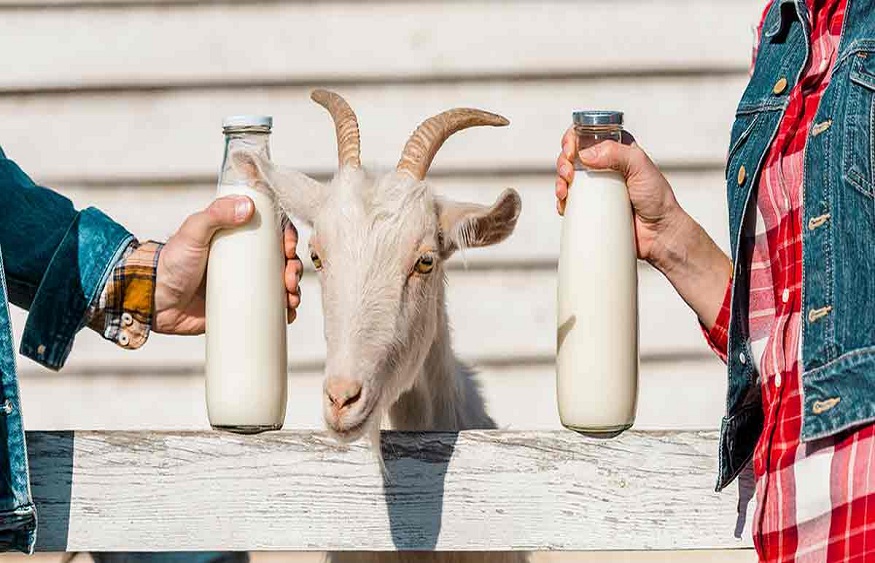Goat vs. Cow Milk Formula for Baby Development
As parents, we want to give our babies the best possible start in life, and choosing the right formula is an important part of that process. While cow’s milk formula has been the standard for decades, some parents are turning to goat’s milk formula as an alternative due to its potential health benefits.
In this post, we will explore the differences between goat and cow milk formula, the nutritional benefits and risks associated with each, and ultimately help you make an informed decision about which formula is best for your baby’s development.
What are the nutrient ingredients in goat milk formula for your baby’s growth?
Both cow and goat milk can provide essential nutrients for the early development of babies. While they have similar nutritional value, they differ in composition in various ways.
- Varied mineral indexes – Goat milk has more calcium, potassium, and vitamin A, while cow milk contains more vitamin B12, selenium, and folic acid.
- Varied fat content – Infant formulas are fortified to provide the perfect balance of minerals and vitamins for a baby’s age, mimicking the composition of breast milk. Therefore, cow and goat milk formulas do not vary much in nutritional value.
In terms of fat content, both cow and goat milk are similar. However, goat milk may be easier to digest due to its higher content of medium-chain fatty acids, which are more rapidly absorbed by the body.
- Varied whey and casein proteins – Both cow and goat milk contain whey and casein proteins, but the ratio differs. Infant formulas adjust the protein ratio to mimic the composition of breast milk for the different stages of life.
Goat milk is naturally A2 beta-casein protein, which is better suited for sensitive stomachs and does not produce BCM-7 during digestion, making it extra safe for babies.
- Varied protein levels – Goat milk’s protein profile is also easier to digest, forming a light and soft curd in the stomach. Cow milk protein, on the other hand, tends to form a heavy and firm curd, which can be harder to digest.
- Varied allergen levels – Cow milk contains more allergens than goat milk, which may cause allergic reactions. Goat milk has fewer allergenic properties, making it a suitable alternative for babies with minor cow milk sensitivity.
- Varied lactose content – Goat milk has less lactose than cow milk, which may be beneficial for lactose-intolerant babies. However, it is important to consult with a doctor before making any changes to a baby’s diet.
What makes goat milk formula a better option?
Goat milk formula may be a better option to cow milk formula because the prescription of goat milk in the early mild stages of lactose intolerance can override this condition completely, as proven by recent studies. Your baby won’t have to suffer from acute lactose intolerance in the latter stages so long as there is sufficient immunity and withstanding against it. While lactose intolerance can be genetic, it can also be mitigated.
Conclusion
Cow and goat milk formulas provide similar nutritional value to mimic human breast milk for your baby’s healthy development. If your baby shows discomfort or reacts negatively to cow’s milk, goat milk formula may be a better option as it is easier to digest. However, consult your paediatrician first and note that goat milk formula may not be suitable for infants with a diagnosed or suspected cow milk allergy.



